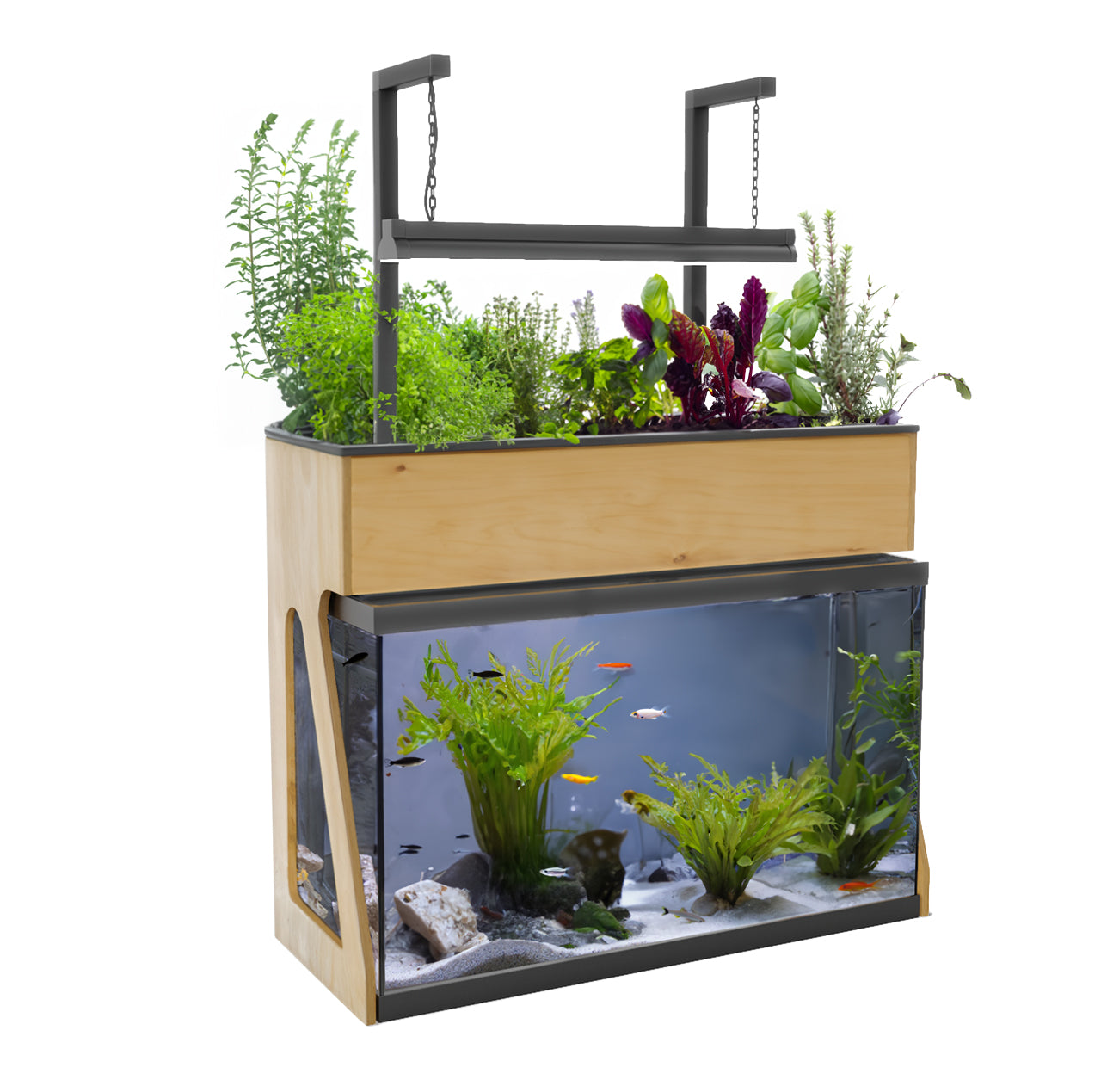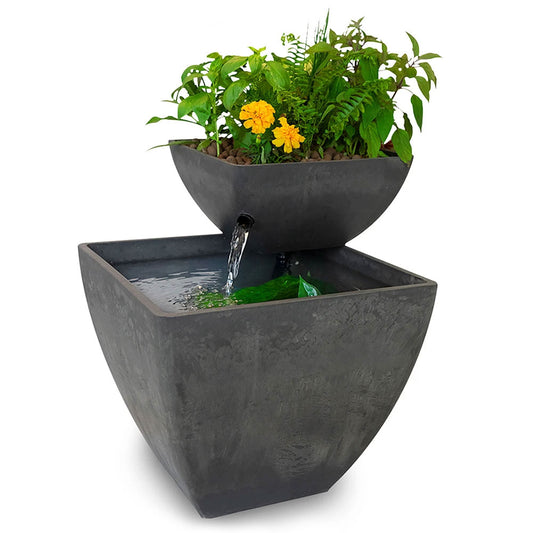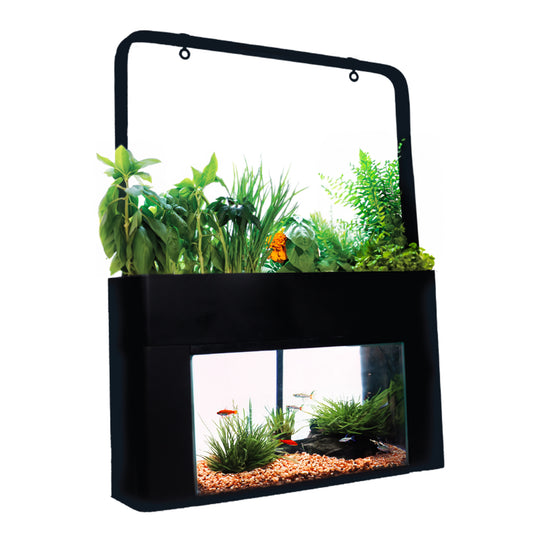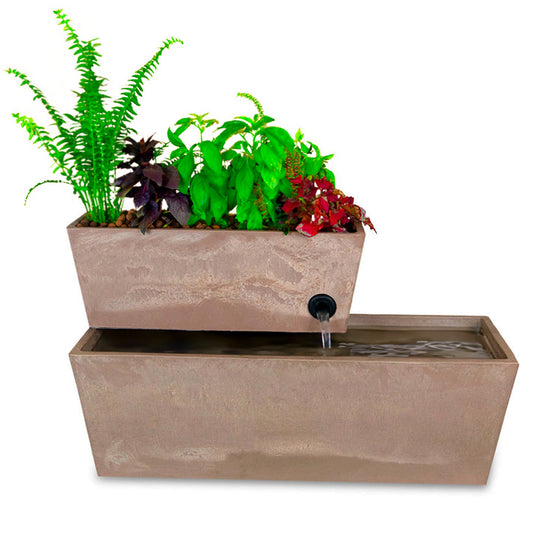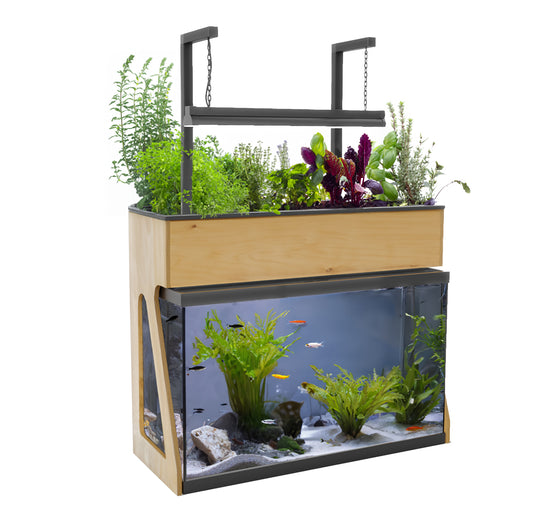Aquaponics and hydroponics are two methods of growing plants without soil. Aquaponics is a system that combines aquaculture (raising fish) with hydroponics (growing plants in water). Hydroponics is a system that uses water to deliver nutrients to plants. There is a growing body of research that suggests that aquaponics and hydroponics can be beneficial for at-risk youth and others who are struggling with addiction and mental health issues. Here are some of the ways that aquaponics and hydroponics can help:
- Provide a sense of purpose and accomplishment. Caring for plants can give at-risk youth a sense of purpose and accomplishment, which can be helpful for those who are struggling with self-esteem or who feel like they are not good at anything.
- Reduce stress and anxiety. Studies have shown that spending time in nature can help to reduce stress and anxiety. Aquaponics and hydroponics can provide at-risk youth with a way to connect with nature, even if they live in a city or other urban area.
- Improve mood. Exposure to sunlight can help to improve mood. Aquaponics and hydroponics systems that have an aquarium or fish tank can provide at-risk youth with a source of natural light, which can be helpful for those who are struggling with depression or other mood disorders.
- Promote relaxation and mindfulness. Taking care of plants can be a very relaxing and mindful activity. This can be helpful for at-risk youth who are trying to manage their stress or anxiety.
- Learn new skills. Aquaponics and hydroponics can teach at-risk youth new skills, such as gardening, fish care, and water management. These skills can be helpful for them in the future, whether they choose to pursue a career in agriculture or simply want to be able to grow their own food.
Benefits of Aquaponics and Hydroponics for People with Addiction
- Reduce stress and anxiety. As with at-risk youth, spending time in nature can help to reduce stress and anxiety for people with addiction. Aquaponics and hydroponics systems can provide a way for people with addiction to connect with nature, even if they are in a treatment center or other facility.
- Improve mood. Exposure to sunlight can also help to improve mood for people with addiction. Aquaponics and hydroponics systems that have an aquarium or fish tank can provide people with addiction with a source of natural light, which can be helpful for those who are struggling with depression or other mood disorders.
- Promote relaxation and mindfulness. Taking care of plants can be a very relaxing and mindful activity. This can be helpful for people with addiction who are trying to manage their stress or anxiety.
- Provide a sense of purpose and accomplishment. Caring for plants can give people with addiction a sense of purpose and accomplishment, which can be helpful for those who are trying to rebuild their lives after addiction.
- Learn new skills. Aquaponics and hydroponics can teach people with addiction new skills, such as gardening, fish care, and water management. These skills can be helpful for them in the future, whether they choose to pursue a career in agriculture or simply want to be able to grow their own food.
- Reduce recidivism rates. Studies have shown that people who participate in aquaponics or hydroponics programs are less likely to re-offend after they are released from prison.
- Improve academic performance. Students who participate in aquaponics or hydroponics programs have shown improvement in their academic performance.
- Promote healthy eating habits. People who grow their own food are more likely to eat healthy foods.
Aquaponics and hydroponics can be a great way to help at-risk youth and others who are struggling with addiction and mental health issues. If you are interested in starting a program, we encourage you to do your research and to get help from experts. With a little planning and effort, you can create a program that will make a real difference in people's lives!
